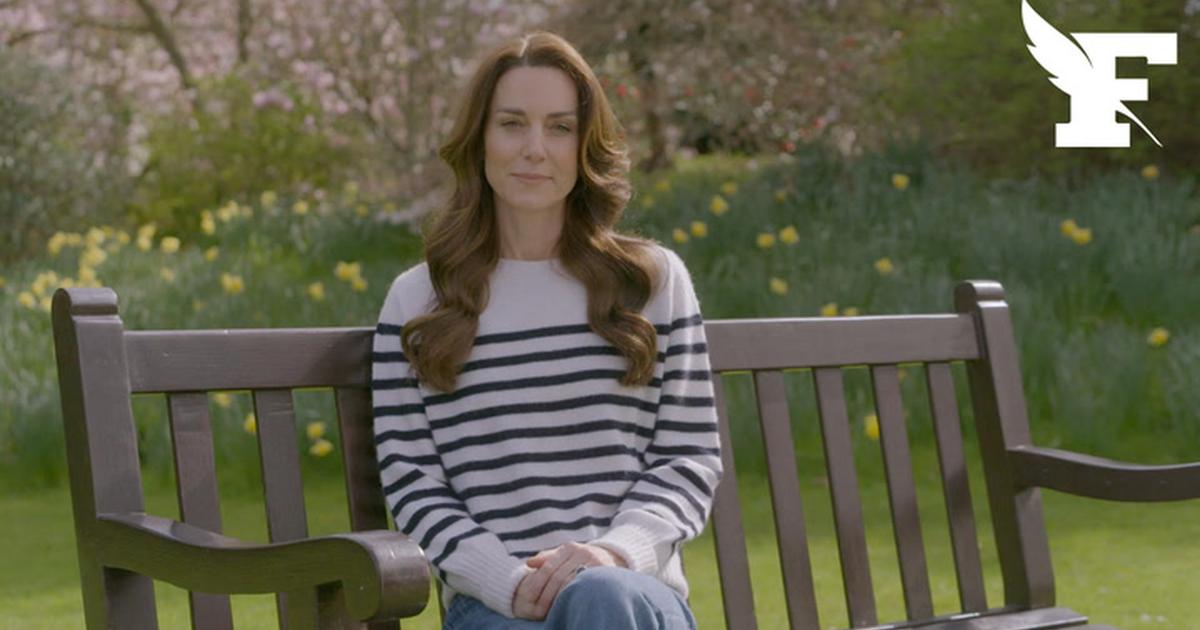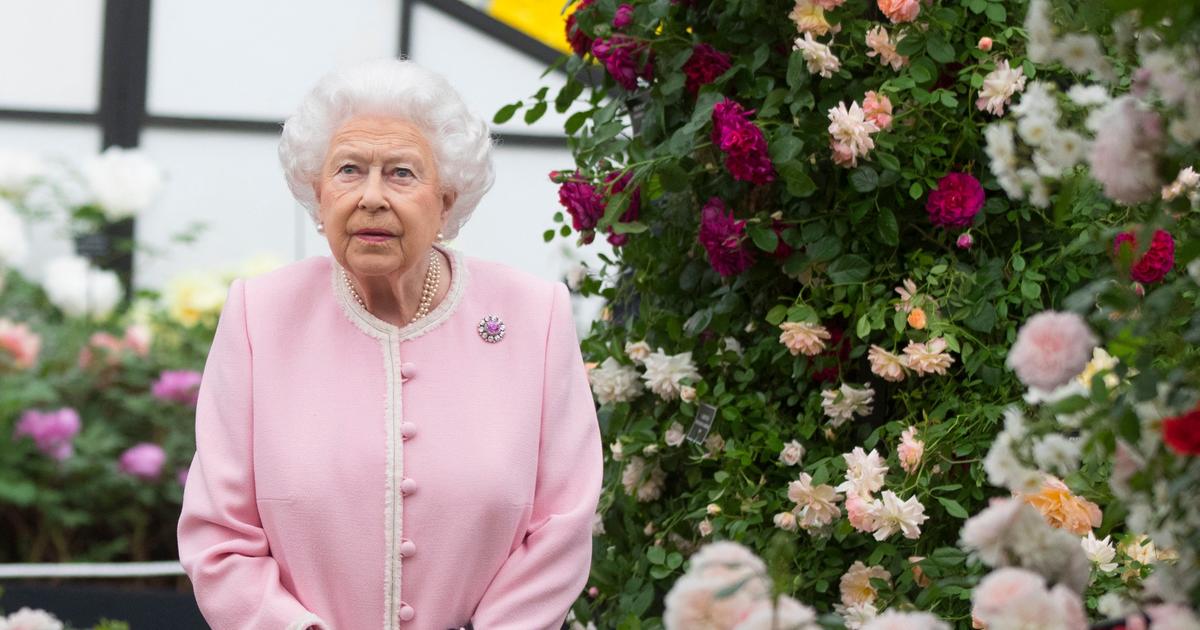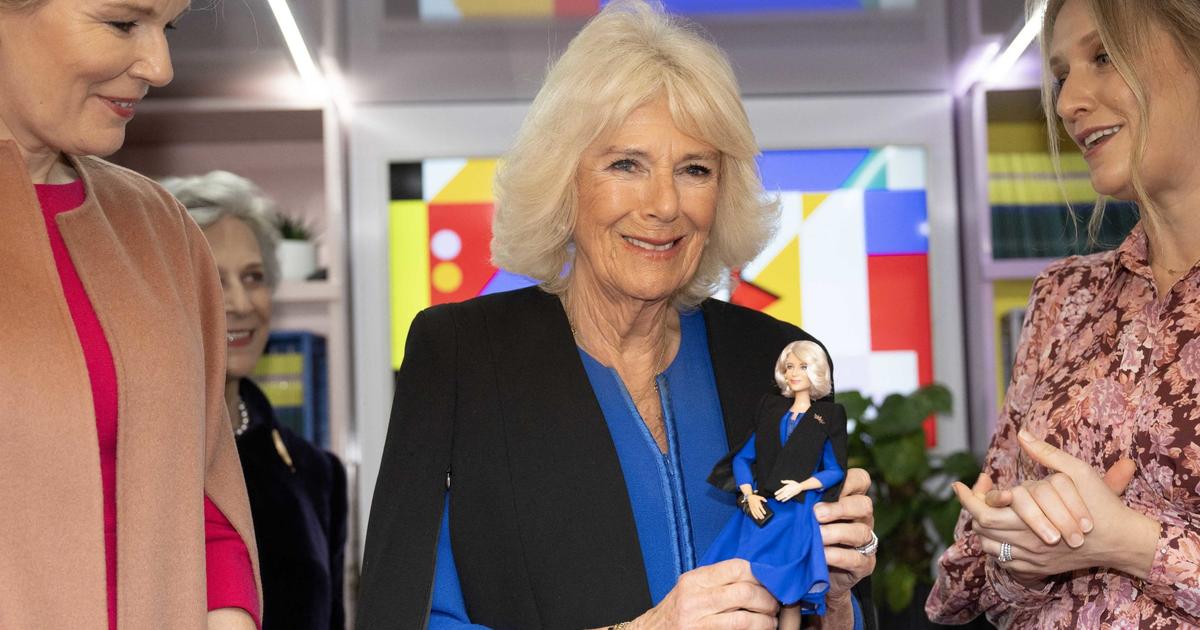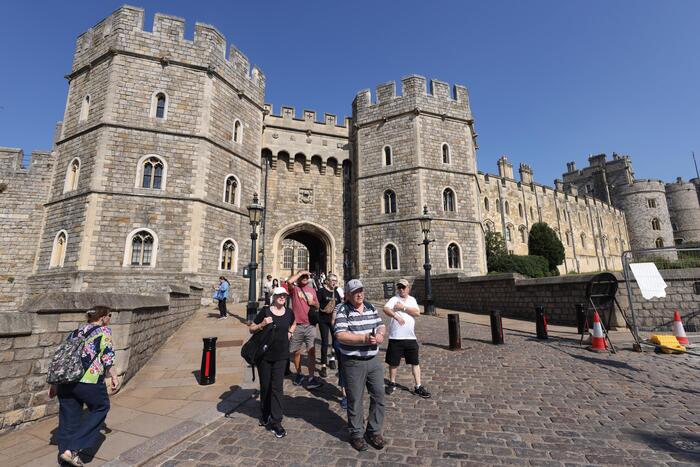In
The Young Pope
Pius XIII, played by Jude Law, soon understands that the preservation of his power depends more on his ability not to be seen than on his exposure.
The secret, life enclosed in an inaccessible space, paradoxically increases its influence on believers.
It is the way of accumulating symbolic power that Queen Elizabeth II chose, and a sign that her death further accelerates the feeling of living the end of an era, another step in our process of disenchantment with the world.
Post-war philosophers spoke of the languishing of fantasy, myth and arcana, of its replacement by streamlined and transparent bureaucratic structures, but Elizabeth II's instinct kept her firmly in the past.
She did it, furthermore, from her undaunted aristocracy: she herself embodied the secret.
Perhaps today it is more singular, when European monarchies discuss the need to open up in order to survive and speak of "closeness", while something as secular as the French Republic strives to imitate the cult of myth... also to survive.
Even the new leaders, such as the one embodied by Sanna Marin, are based on their ability to generate identification.
We like them because they show us their intimacy and we see someone similar to us.
There are also old egocratic leaderships, more like Cristina Kirchner, who proclaims, also with instinct, that the attack suffered is an attack on Peronism itself, symbolically absorbing the representation of the people.
Which model is more effective in attracting and keeping power?
The charismatic legitimacy of Elizabeth II was nourished by mystery in a world where we constantly have to expose ourselves to be something.
Unlike our monarchy, that forced her not to abdicate, since her popularity, built from the arcane, was much higher than that of her son.
Her funeral, with a millimetrically calculated liturgy, contains the vertigo of the old empire, today in the post-Brexit hangover and with another resounding loss of prestige.
With Elizabeth II, the British have understood the importance of rites to keep the community cohesive, because rites, as Byung-Chul Han tells us, generate community without communication when communication only produces tribes.
Rituals, like courtesy, "enable not only a beautiful treatment between people, but also a neat and respectful handling of things."
Forms are the condition for trust and respect to exist, and Isabel II took the maxim to the extreme by understanding her role: being herself pure ritual.
And although perhaps not so much is needed, now that the democratic discussion is plagued by disagreement and anger, perhaps we can learn something from what he achieved with his reign: that the gestures of courtesy, deference and recognition, the forms and the rites, they are anachronisms.
They are also the nurturer of any communicative ideal of democracy.
forms and rites are not anachronisms.
They are also the nurturer of any communicative ideal of democracy.
forms and rites are not anachronisms.
They are also the nurturer of any communicative ideal of democracy.
Subscribe to continue reading
read without limits
Keep reading
I'm already a subscriber












/cloudfront-eu-central-1.images.arcpublishing.com/prisa/KMEYMJKESBAZBE4MRBAM4TGHIQ.jpg)

